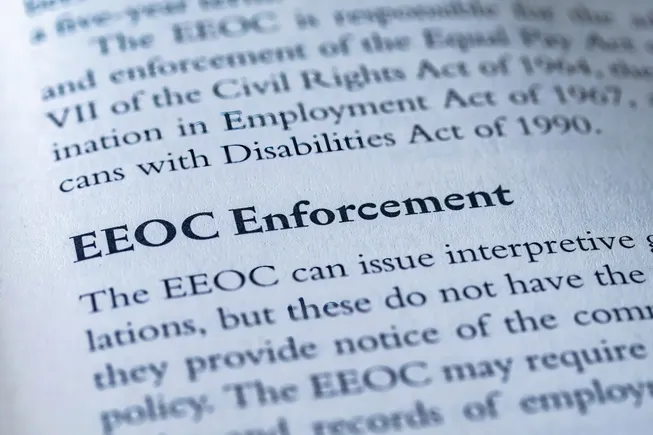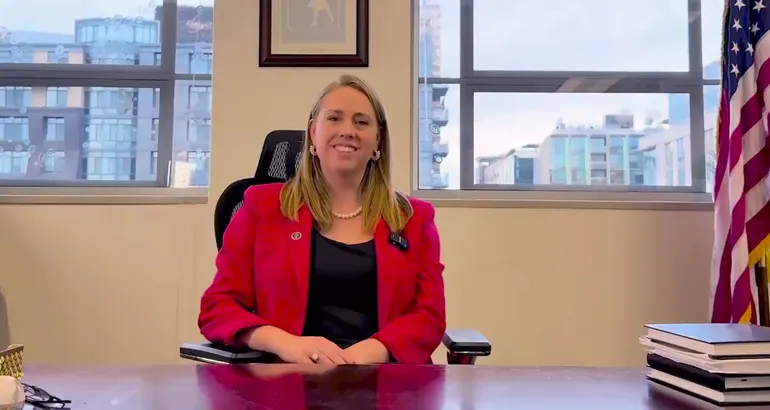Dive Brief:
- Carvana illegally fired a former technician who requested intermittent leave and exemption from mandatory overtime to deal with symptoms of postpartum depression and care for her newborn, according to a lawsuit filed Friday.
- After her child’s birth, the plaintiff in Torres v. Carvana, LLC claimed the company required her to work mandatory overtime. She called out of such shifts and was given a corrective action after which she made Carvana aware of her diagnosis. She then requested intermittent leave from mandatory overtime shifts to care for her newborn and her condition, but Carvana allegedly denied the request and disciplined her.
- The company later fired the plaintiff for accumulating too many attendance points, she claimed. She alleged violations of the Americans with Disabilities Act, Pregnant Workers Fairness Act and Title VII of the 1964 Civil Rights Act as well as federal and state leave laws. Carvana did not immediately respond to a request for comment.
Dive Insight:
The allegations highlight the difficulties employers may face in complying with state and local leave laws. In the complaint, the plaintiff noted that a message from a Carvana HR manager said the company had determined that she did not have any leave after exhausting her 12-week allotment under the Family and Medical Leave Act.
However, the plaintiff, who worked in New Jersey, cited the state’s family leave law allowing employees to take 12 weeks of leave separate from the FMLA under certain conditions. The plaintiff claimed that she used FMLA to care for her own health problems related to childbirth — a purpose not covered by the state’s law — and intended to use the state-provided leave to care for her newborn.
Because caring for one’s own health problems is not covered by New Jersey’s law, the plaintiff was entitled to 12 additional weeks of leave, she claimed.
The plaintiff alleged that she attempted to escalate her leave request to Carvana’s HR and leave teams and proposed alternative accommodations such as part-time status, shift changes or flex schedules. An excerpt of the HR manager’s response ended with a request that the plaintiff “partner with your immediate supervisor so there is a plan of transition with your role,” which the plaintiff interpreted as a request that she voluntarily resign.
Carvana’s HR staff “engage in complete reckless indifference, gross incompetence and negligence in applying state laws in locales where employees work” and “do not even make any good-faith efforts to even learn about or apply applicable state-law protections for employees,” the plaintiff alleged.
At least one previous case has raised the issue of mandatory overtime in the context of the PWFA. Last year, the U.S. Equal Employment Opportunity Commission sued an employer for allegedly requiring a pregnant employee to work mandatory overtime despite a physician’s note restricting the employee from working more than 40 hours per week during pregnancy. The parties to that case entered a settlement agreement last July.






Leave a Reply